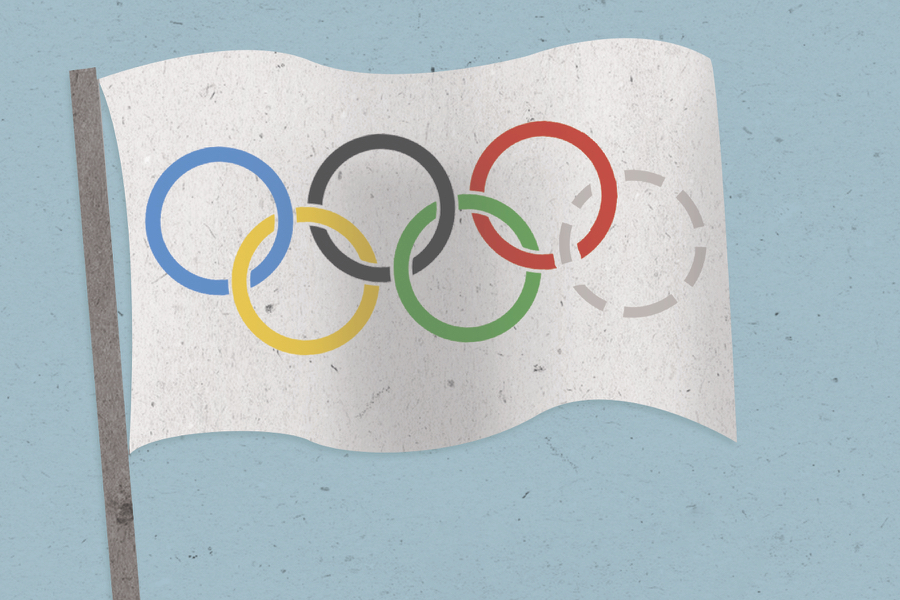
Sports are more than just a game
For those who don’t follow them closely, sports often seem arbitrary. While they may be interesting in passing, or even somewhat captivating if the local team starts making headlines, sports seem stuck in the world of entertainment, with little effect on world events.
But viewing sports this way ignores some of their most fundamental qualities. Chief among these is the ability of sports to unite — not only locally or nationally, but on a global scale. This aspect of sporting culture was recently brought to light when the International Olympic Committee (IOC) announced that refugee athletes would be allowed to compete in the Olympic Games for the first time — despite having no nation to represent.
IOC president Thomas Bach issued the announcement at the 70th session of the United Nations General Assembly in October. Qualified refugee athletes will be permitted to compete under the Olympic flag during the 2016 Games in Rio de Janeiro, Brazil. The IOC has created a $2-million fund to support these athletes, and has called on UN member states to help identify refugee athletes who could compete in the upcoming Games.
Programs like this bring the unifying power of sports to light. For those of us privileged to live in environments free from harm, sports often exist only as a peripheral aspect of our lives. They’re engaging, allowing us to distract ourselves from our mundane daily routine, but they are also only one of many ways for us to pass the time.
But for others, they can be much more. Competing in a sporting event can be liberating, allowing a temporary reprieve from the weight of unavoidable hardship. More than just an escape, it can also bring hope, giving those who feel limited by their environments a shot at feeling things they may rarely find elsewhere — triumph, pride and unfiltered joy.
By extending this courtesy to refugee athletes, the IOC has granted them the ability to transcend their limitations and experience those same emotional highs and lows.
The IOC’s gesture might not significantly change the political landscape that shaped these refugees’ situations, but the impact is no less important. The move isn’t concerned with bringing about sweeping changes or overturning problematic global systems. Rather, it’s an effort to promote personal growth — to reach out and affect geopolitical issues on a human level.
Allowing a handful of displaced athletes to immerse themselves in the Olympic community for a few weeks won’t change what has happened to them or where they turn to next, but it will allow those who are able to compete at the games a chance to be defined by more than personal tragedy. It will give them back some semblance of control, if only temporarily.
This is sports’ true capacity for change — allowing those who have been broken down to stand once again and re-assert their own identities. And by granting this opportunity, the IOC has undoubtedly reaffirmed the unifying spirit that has made the Olympic Games one of the most cherished aspects of sports history.
Sonny Sachdeva, Gauntlet Editorial Board
